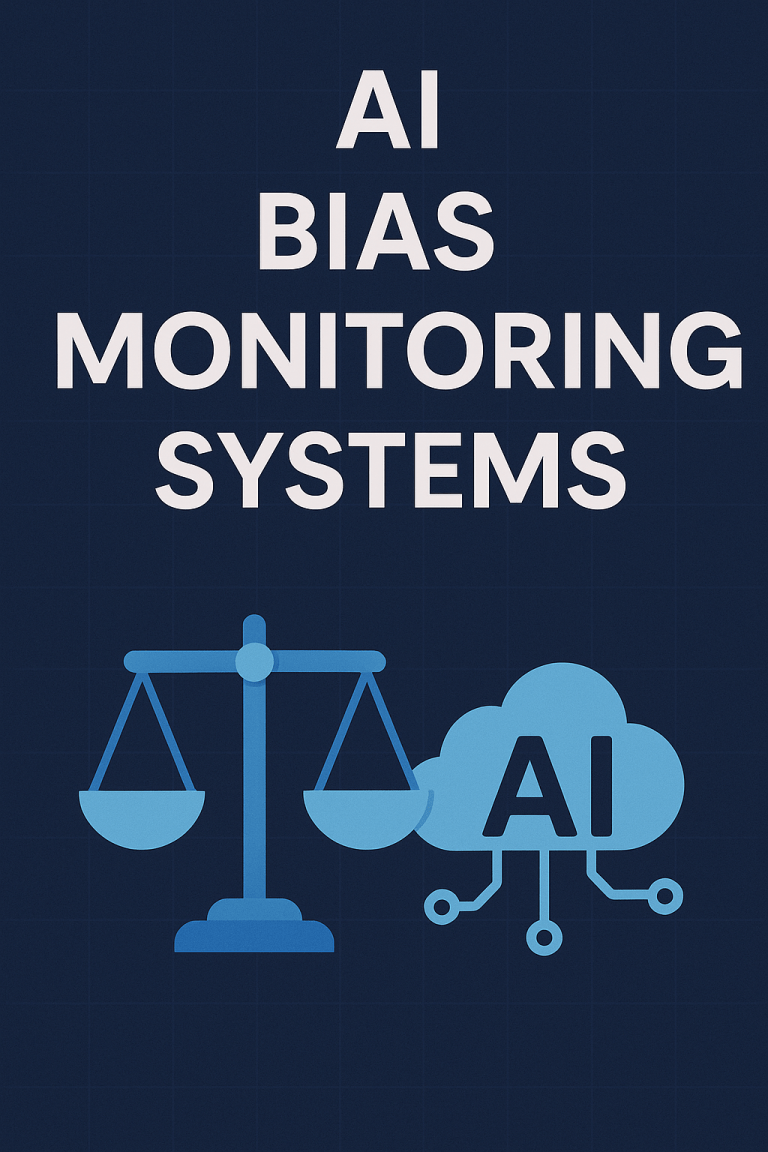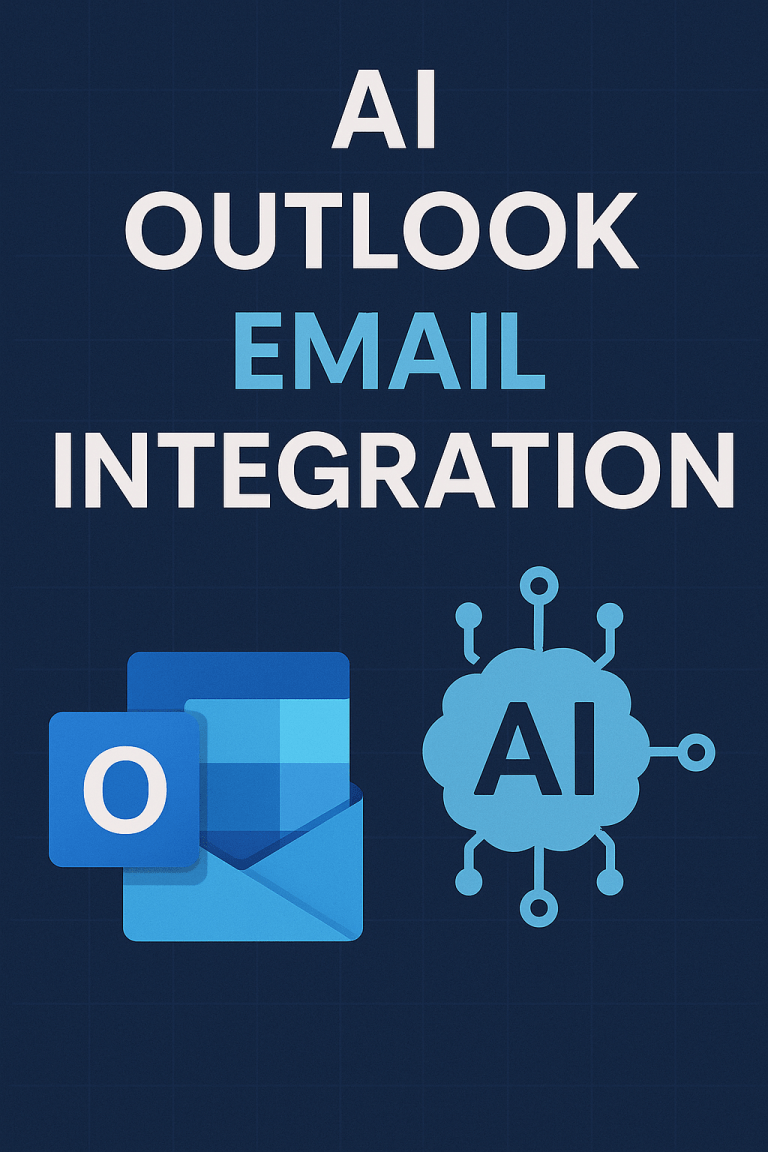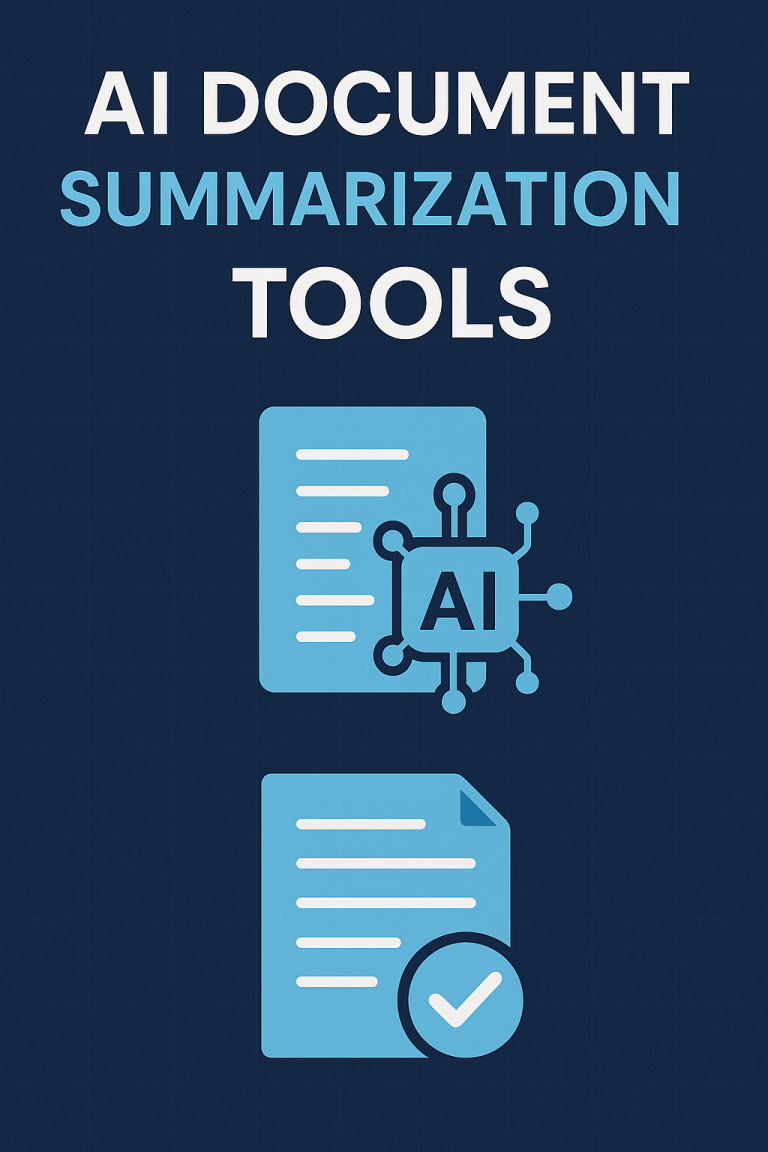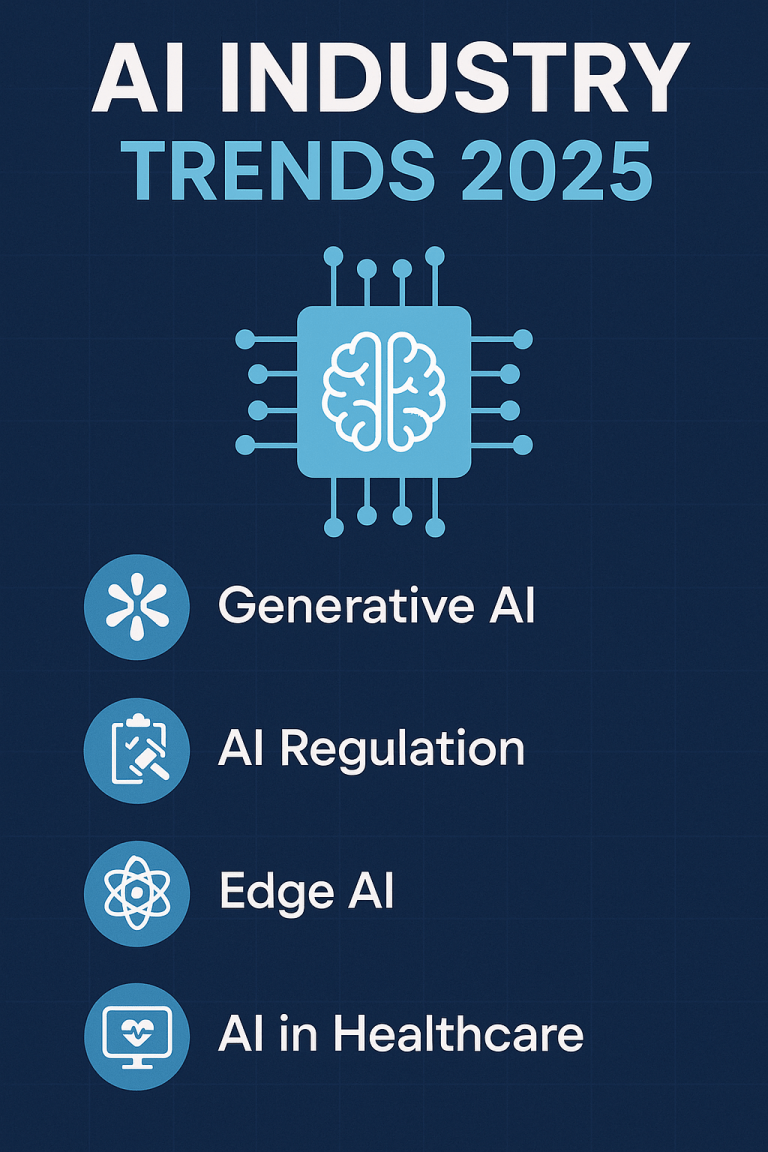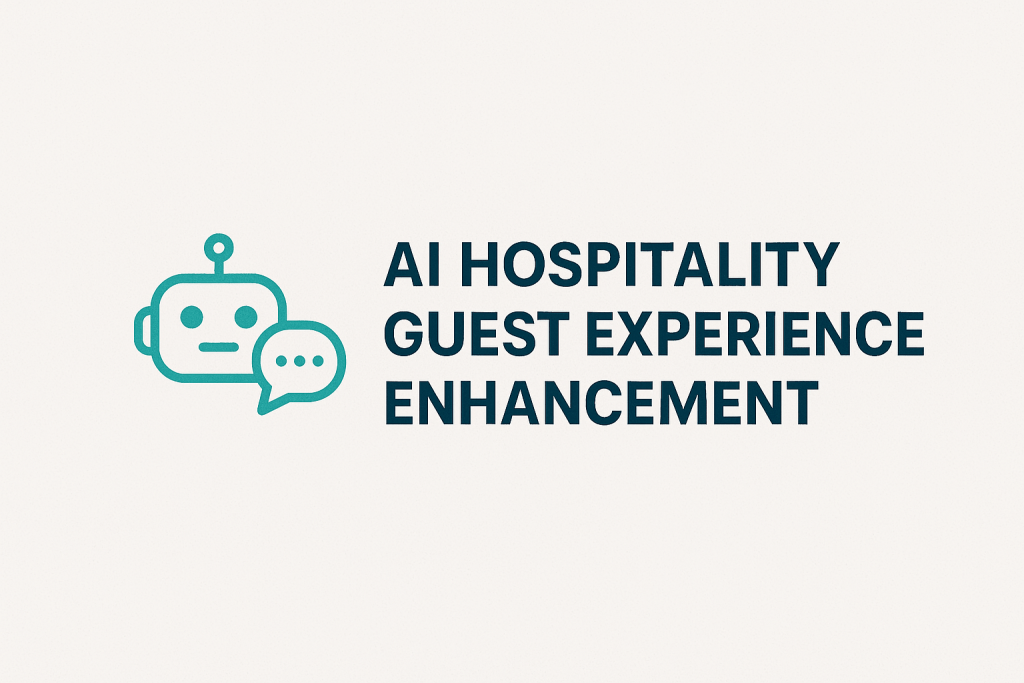
Want to know why some hotels boast 93% guest satisfaction while others struggle at 67%?
The difference often comes down to AI implementation. Smart hotels now use artificial intelligence to personalize stays, streamline operations, and create memorable moments without adding staff. This guide shows the exact AI tools driving these results and how to implement them successfully.
The Guest Experience Gap
Traditional hospitality faces mounting challenges:
- 73% of guests expect personalization but only 22% feel hotels deliver
- Staff shortages continue with 87% of properties understaffed
- Competitors using AI report 31% higher guest satisfaction scores
- 68% of negative reviews mention issues AI could have prevented
Top AI Applications Transforming Hospitality
1. Pre-Arrival Personalization
What it does: Analyzes guest data to customize the stay before guests arrive.

Success example: A boutique hotel chain implemented pre-arrival personalization that increased average spend by $42 per stay by recommending relevant services based on past behavior.
2. Smart Room Technology
What it does: Creates environments that adapt to guest preferences automatically.

Success example: A luxury resort implemented AI-controlled room environments that adjusted lighting, temperature, and music based on guest activity patterns, resulting in 34% higher guest satisfaction with room comfort.
3. Real-Time Service Optimization
What it does: Identifies service opportunities and predicts guest needs before they arise.

Success example: A mid-size hotel group deployed AI-driven service prediction that identified potential issues before guests complained, reducing negative reviews by 26%.
4. Conversational AI for Guest Communication
What it does: Provides instant, accurate responses to guest inquiries 24/7.

Success example: A resort chain implemented an AI chatbot that handled 76% of guest inquiries automatically, freeing staff to focus on complex guest needs while reducing response time from 15 minutes to 7 seconds.
Implementation Roadmap: How to Start
Phase 1: Guest Data Foundation (1-2 Months)
- Audit existing guest data across all systems
- Create unified guest profiles with preference tracking
- Establish baseline metrics for personalization effectiveness
Phase 2: Start Small, Win Big (2-3 Months)
- Implement one high-impact AI tool (typically pre-arrival personalization)
- Train staff on working alongside AI systems
- Gather feedback and measure results against baselines
Phase 3: Expand and Integrate (3-6 Months)
- Add complementary AI systems based on Phase 2 results
- Create seamless guest experience across all touchpoints
- Build continuous feedback loops for ongoing optimization
Common Implementation Pitfalls

Case Study: Boutique Hotel Transformation
A 120-room independent hotel implemented a phased AI approach:
Starting point:
- 72% guest satisfaction
- 3.8 average review rating
- $142 average daily rate
AI implementation:
- Pre-arrival personalization via Revinate
- In-stay service via AI chatbot
- Staff optimization through predictive task management
Results after 6 months:
- 89% guest satisfaction (+17%)
- 4.6 average review rating (+0.8)
- $189 average daily rate (+$47)
- 22% reduction in operational costs
Key success factor: They focused on using AI to enhance rather than replace human interactions, with staff spending 40% more time on high-value guest engagement.
ROI Calculation: Is AI Worth the Investment?
For a typical 150-room property, here’s how the numbers break down:
- Implementation costs: $50,000-$75,000 initial investment
- Annual subscription fees: $25,000-$40,000
- First-year revenue increase: $175,000-$250,000 (from higher rates and ancillary sales)
- Cost savings: $80,000-$120,000 (operational efficiencies)
- Typical ROI timeframe: 4-7 months
Key insight: Properties seeing the fastest ROI focused on revenue-generating AI applications first, then expanded to cost-saving applications.
The Human + AI Balance
The most successful implementations follow this formula:
- AI handles:
- Routine information requests
- Data analysis and personalization
- Repetitive operational tasks
- Monitoring for service recovery opportunities
- Humans focus on:
- Complex problem-solving
- Emotional connections
- Creative guest experiences
- Service recovery execution
Getting Started: Next Steps
- Audit your guest journey – Identify friction points where AI could help
- Assess your data readiness – Determine if you have the guest data needed
- Start with one high-impact area – Usually pre-arrival or in-stay communication
- Measure results rigorously – Track both guest satisfaction and financial impacts
The hotels seeing the greatest success with AI aren’t necessarily using the most advanced technology. Instead, they’re thoughtfully applying targeted AI solutions to specific guest experience challenges while enhancing their staff’s ability to deliver genuine hospitality.
Unlock your AI Edge — Free Content Creation Checklist
Get the exact AI-powered process to 10X your content output — blogs, emails, videos, and more — in half the time.
No fluff. No spam. Just real results with AI.

